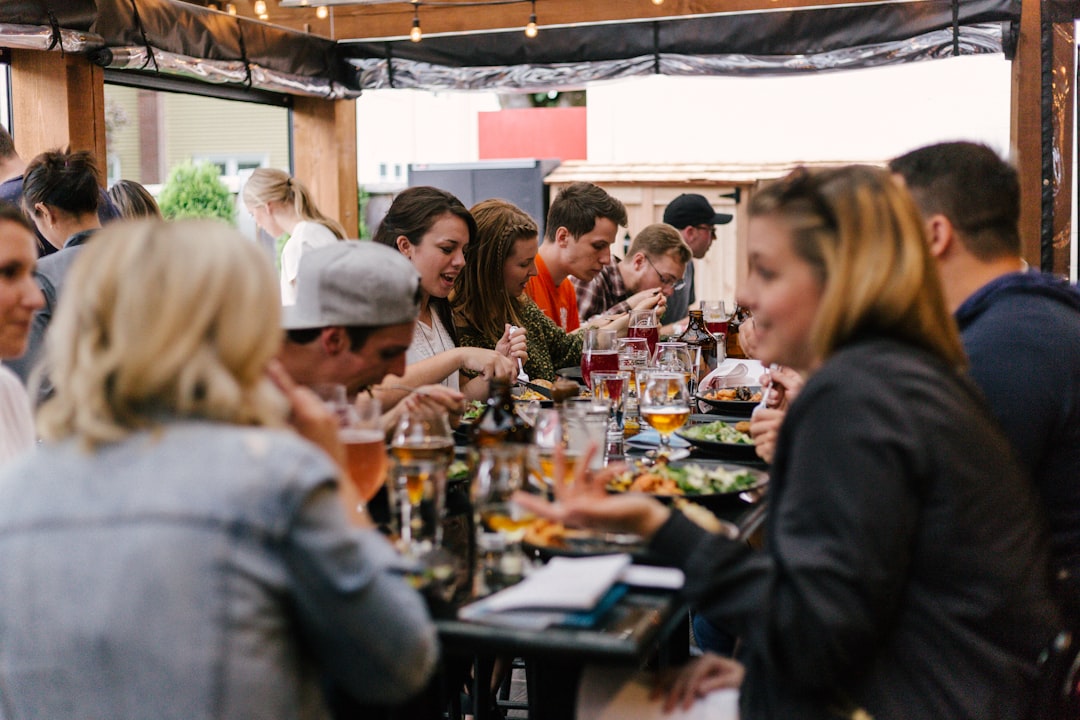Restaurant reservations turn from plans to perks
It's not enough to want to eat there; now you have to back it up.
In spring 2014, Washington Post food critic Tom Sietsema published a column about a distressing new trend in town: popular small restaurants stopped taking reservations. He called it “the great equalizer,” blaming “an abundance of millennial patience” for the reason he had to wait in line to eat.
At the time, restaurants held the power. “In lean times, a business wouldn’t dare make it difficult for you to use them,” Sietsema wrote. It’s not bad business to make people wait for a walk-in seat when the economy is good and the dining room’s full.
Eight years later, the reservation pendulum is swinging the other way, supported by new technology but bolstered, mostly, by business deals. In July, a piece in Eater heralded the return of the hot table. A few months earlier, the Wall Street Journal asked — and sort of answered — the question of why it’s so hard to get a restaurant reservation right now. (One potential answer: “People have a real appreciation for these experiences they took for granted before,” one Texas restaurant owner said.)
Reservations are back, baby! But just like anything that involves access and, potentially, status, companies outside of the restaurants themselves are starting to capitalize on their popularity and reservations are turning from “plan” to “perk.”

Where you eat might depend on what’s in your wallet — but I’m not talking about cash.
In Portland, Oregon, chef Gregory Gourdet recently opened Kann, a much, much-anticipated Haitian restaurant that made its public debut in Top Chef’s season 17 restaurant wars. (The concept won.)
Last week, I was walking to pick my kid up from school when I got a Resy push notification on my phone reminding me that Kann would release its October reservations soon, and they were sure to go fast. (I don’t live in Portland.) One way in? Join the American Express global dining access program by adding an eligible Amex to my Resy profile — I’ll enjoy exclusive access to hot tables like the ones at Kann, Resy said, hot tables that I’d presumably travel a few hundred miles to sit at. (Amex bought Resy in 2019.)
Amex isn’t the only financial services company hawking access to restaurants. When JPMorgan Chase bought restaurant ratings and review site the Infatuation in 2021, it was in service of offering customers — like cardholders of its beloved Chase Sapphire card — more access to restaurants and culinary events. Now, JPMorgan is said to be building an entire travel agency for its cardholders, taking advantage of heightened interest in dining and travel. (The company already had a deal in place with reservations service Tock offering prime reservations to Chase cardholders.)
And when exclusive access tied to a consumer credit card isn’t enough, there’s more, of course: private dining and other luxury experiences with chefs and restaurants — often with high price tags. (Think: Copenhagen’s Noma popping up in New York for $1,500 per person; or a $600 fancy New York City picnic from a popular chef.) A recent headline in an upscale magazine mused: are tickets to these exclusive events the new status symbol?



